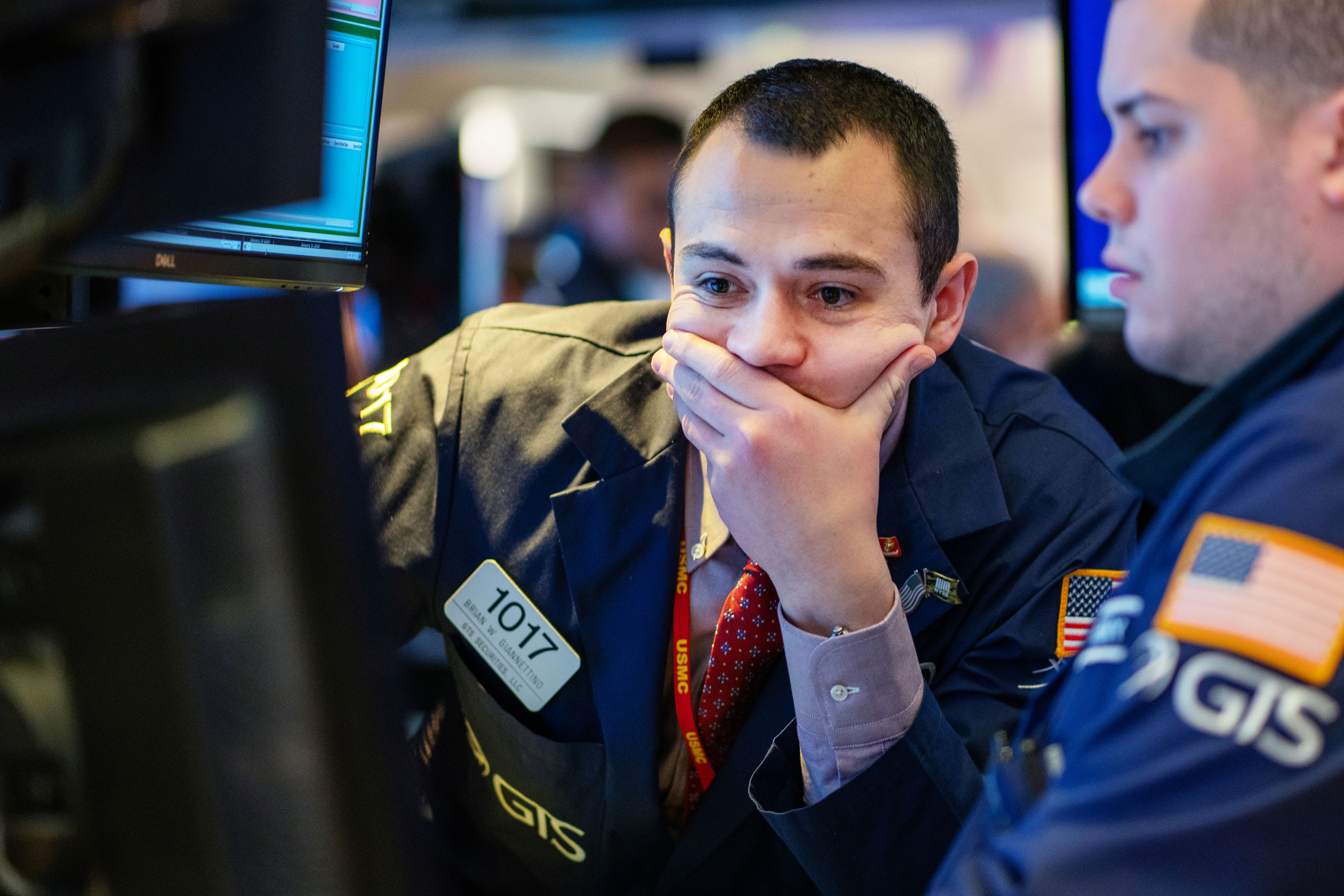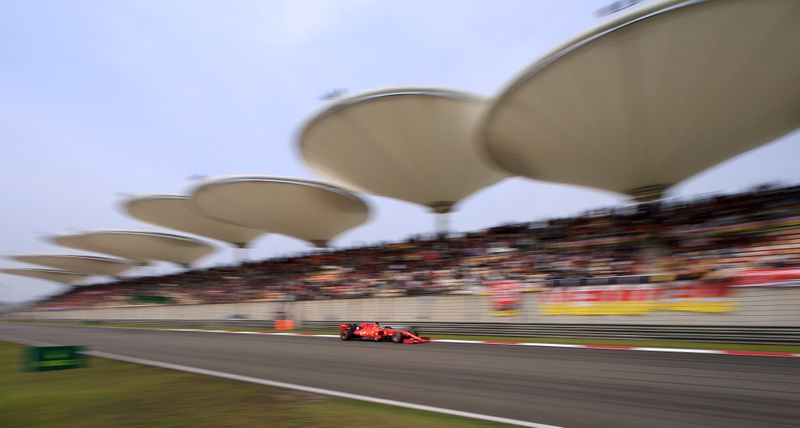
Stock futures pointed to a rebound from the worst two-day slide for the S&P 500 in four years.
But traders were cautious as futures traded wildly in overnight trading and there were no apparent positive headlines driving the futures’ gains.
Around 6:29 a.m. ET, futures on the Dow Jones Industrial Average pointed to an implied opening gain of about 60 points. The futures traded down more than 350 points overnight. S&P 500 and Nasdaq futures also indicated a slightly higher open.
Futures bounced as the 10-year yield rebounded from a record low. The 10-year yield was last at 1.36% after falling to 1.31% on Tuesday. The bounce in yields eased concerns slightly that the coronavirus would tip the globe into a recession.
The news overnight was not positive in terms of containing the spread of the coronavirus. South Korea reported 169 new cases, bring, bringing the country’s total to 1,146 infected. In Italy, infections now total 325 and cases are now being seen beyond the original epicenter in the north. China reported 406 new confirmed cases, and an additional 52 deaths.
“Investors are clearly expecting more bad news — and rather than wait for it, they are selling,” Brad McMillan, chief investment officer at Commonwealth Financial Network, said in a note. “There are signs in the electronics and auto industries that the slowdown is already happening, which will be a drag on growth. This risk is largely behind the recent pullback in global markets.”
Stocks plunged for a second day on Tuesday, with the Dow tumbling 879 points, bringing its two-day losses to nearly 1,900 points. The S&P 500 wiped out a whopping $1.7 trillion in just two sessions. The equity benchmark nosedived 6.3% since Monday, suffering its biggest two-day drop since August 2015.
The sell-off accelerated after U.S. health officials warned that the coronavirus is “likely” to continue to spread throughout the U.S. and outlined what schools and businesses should do if the disease becomes an epidemic.
The yield on the benchmark 10-year Treasury note fell to a record low on Tuesday as coronavirus fears raised concerns about global economic growth and sent investors scrambling into the safety of U.S. government bonds. The mover lower in yields in turn, spooked equity investors about future economic growth.
The S&P 500 tech sector entered correction territory Tuesday, falling 10% from its 52-week high, after posting a fresh record close just last Wednesday. Apple was down 3.3%, bringing its week-to-date losses to nearly 7%.
The Cboe Volatility Index, known as the market’s “fear gauge,” spiked more than 11% to close at 27.85, the highest close since Dec. 2018. The VIX, a measure of the 30-day implied volatility of U.S. stocks, crossed 30 at its session high on Tuesday as coronavirus fears rattled the markets.
Wednesday morning, the VIX was last at 26.62.
“Investors need to be prepared for the risk of a market correction,” Pramod Atluri, a portfolio manager at Capital Group, said in an email. “It should not come as a surprise that heightened global uncertainty – like news about the further spread of coronavirus and its impact on global supply chains – can hurt valuations which in some areas look priced to perfection.”
Subscribe to CNBC PRO for exclusive insights and analysis, and live business day programming from around the world.

